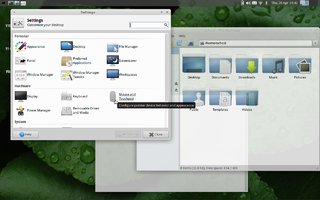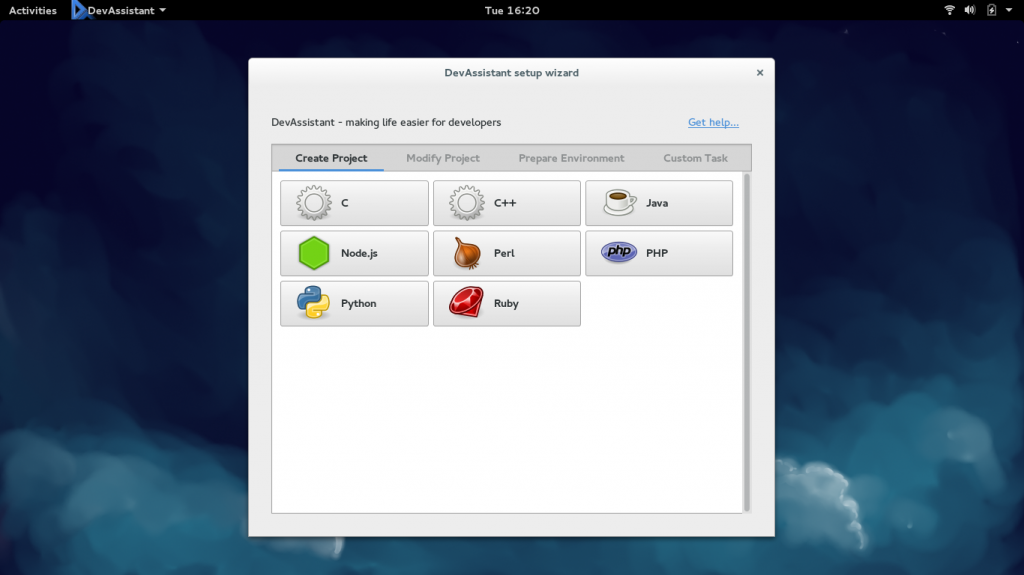The Best of Ken Starks
My Dad’s side of the family was an amazing mix of loggers. lawyers, bank robbers, bankers, cattle rustlers, ranchers, soldiers, policemen and Gypsies.
No, really…I’m talking real Gypsies.
In some parts of Europe they are referred to as “travelers.” Today, many have been assimilated into the various ambient populations and cultures, but many have not.
My uncle Emil claimed to be of the Romnichel clan. He maintained his wandering ways throughout his life, right up until his 84th year when a State Trooper found him frozen to death on New Year’s Day at a rest stop outside of International Falls, Minnesota. His car had stalled, along with the heater, as it sat idling while Emil slept. He froze to death in his sleep, an empty pint of Four Roses whiskey on the seat next to him.
 I remember, as a young boy, waking up to find Uncle Emil’s 1950 Chevrolet and his old Airstream trailer sitting in front of our house. He had arrived sometime during the night and I could always count on him to be sitting at the kitchen table with my parents, chain smoking camel cigarettes, drinking coffee and regaling them with his latest adventures.
I remember, as a young boy, waking up to find Uncle Emil’s 1950 Chevrolet and his old Airstream trailer sitting in front of our house. He had arrived sometime during the night and I could always count on him to be sitting at the kitchen table with my parents, chain smoking camel cigarettes, drinking coffee and regaling them with his latest adventures.
Then, on any given morning, I might wake up to find him gone. He was with us only long enough to “borrow” money for gas and food, then disappeared with the wind.
Ken Starks is the founder of the Helios Project and Reglue, which for 20 years provided refurbished older computers running Linux to disadvantaged school kids, as well as providing digital help for senior citizens, in the Austin, Texas area. He was a columnist for FOSS Force from 2013-2016, and remains part of our family. Follow him on Twitter: @Reglue








 Nothing could be further from the truth, and several in the discussions rose to Xfce’s defense on the absurdity.
Nothing could be further from the truth, and several in the discussions rose to Xfce’s defense on the absurdity.
 Let me be clear, for those GNOMEistas who might just have their proverbial knickers in a bunch: GNOME has been a remarkable FOSS citizen providing a better-than-adequate desktop environment for many FOSS users, perhaps even a majority of FOSS users. I just don’t happen to be one of them. Further, I will say this for GNOME: Unity should be more like GNOME. Compliment? You decide.
Let me be clear, for those GNOMEistas who might just have their proverbial knickers in a bunch: GNOME has been a remarkable FOSS citizen providing a better-than-adequate desktop environment for many FOSS users, perhaps even a majority of FOSS users. I just don’t happen to be one of them. Further, I will say this for GNOME: Unity should be more like GNOME. Compliment? You decide.

